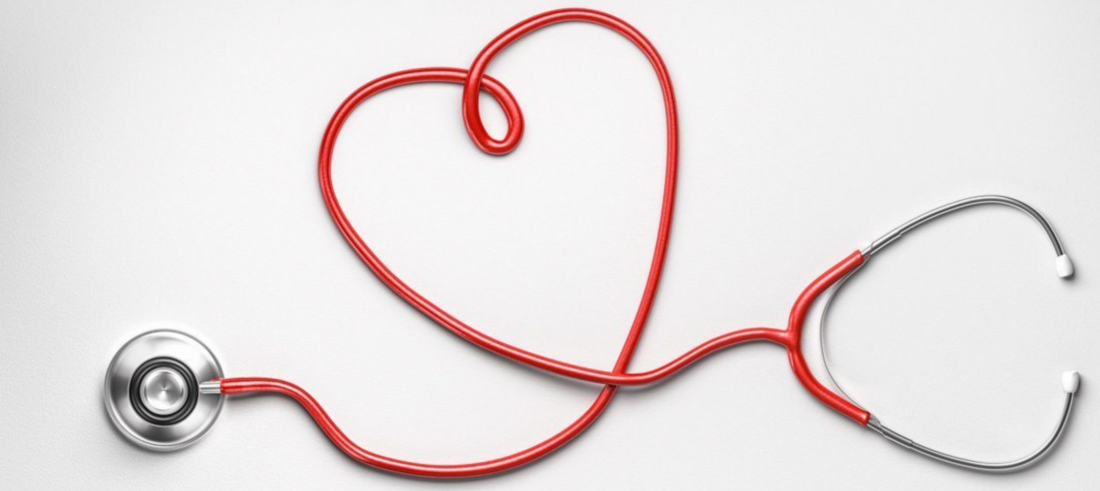Cholesterol is a substance found in the body necessary for building cells and producing certain hormones. It exists in two main forms: LDL, often called “bad” cholesterol, and HDL, known as “good” cholesterol. High LDL cholesterol levels can lead to the buildup of cholesterol in arteries, while HDL cholesterol helps remove cholesterol from the bloodstream.

High cholesterol does not usually cause any symptoms. People often discover they have high cholesterol through blood tests. If left untreated, high cholesterol can lead to serious health problems such as heart disease and stroke.
The risk of developing high cholesterol can increase due to various factors. These include diet, lack of physical activity, smoking, age, and genetics. However, other less-known factors can also affect cholesterol levels. Understanding these factors is important for managing and preventing high cholesterol.
Factor #1: Low Human Growth Hormone Levels
What does HGH do to metabolism?
Human Growth Hormone (HGH), produced by the pituitary gland, is pivotal for growth and development. Its influence, however, extends beyond these functions, significantly impacting metabolism, including the metabolism of lipids. HGH stimulates the breakdown of fats in the body, a process known as lipolysis, and affects the liver’s ability to produce cholesterol.
Does HGH affect cholesterol?
A deficiency in HGH can disrupt normal lipid metabolism, leading to an increase in LDL cholesterol, often dubbed the “bad” cholesterol due to its propensity to accumulate in blood vessel walls and form plaques. This condition not only elevates total cholesterol levels but also poses a substantial risk for atherosclerosis and cardiovascular diseases.
Adults with growth hormone deficiency tend to have higher concentrations of LDL cholesterol and triglycerides, alongside lower levels of HDL cholesterol, which is considered protective against heart disease.
Addressing low HGH levels through hormonal therapy can be an effective strategy for managing high cholesterol, especially when traditional risk factors do not fully explain elevated levels. It’s crucial for patients considering HGH therapy to consult healthcare professionals and choose the best HGH brands.
The link between low HGH levels and high cholesterol highlights the importance of maintaining balanced hormone levels for cardiovascular health.
Factor #2: Stress and Cortisol Production
Is cholesterol released into the blood stream during stressful situations?
Chronic stress is a pervasive issue in modern society, with significant implications for physical health. The body’s stress response involves the production of cortisol, a hormone that, among other roles, helps manage fat, protein, and carbohydrate metabolism. While beneficial in short bursts, prolonged cortisol elevation can lead to unfavorable lipid profiles, including increased levels of total cholesterol, LDL, and triglycerides.
How does stress cause cholesterol?
The exact mechanisms by which stress elevates LDL are multifaceted. Cortisol can influence the body’s metabolism, leading to increased production of glucose through gluconeogenesis, which demands more fatty acids for energy, thereby increasing the liver’s output of triglycerides and cholesterol. Moreover, stress can indirectly influence cholesterol levels through poor lifestyle choices, such as unhealthy eating habits, reduced physical activity, and increased smoking or alcohol consumption.
Factor #3: Thyroid Dysfunction
Can hypothyroidism cause high cholesterol?
The thyroid gland plays a critical role in regulating metabolism, including cholesterol levels. Hypothyroidism, a condition where the thyroid produces insufficient hormones, can significantly impact lipid metabolism. Thyroid hormones help stimulate the liver to remove LDL from the blood. When these hormones are low, the body’s ability to clear LDL diminishes, potentially leading to high cholesterol levels.
How does the thyroid affect the cardiovascular system?
The relationship between thyroid function and cholesterol levels underscores the importance of thyroid health in cardiovascular risk management. Elevated cholesterol due to hypothyroidism can increase the risk of developing heart disease if left untreated. Regular screening for thyroid disorders, particularly in individuals with high cholesterol or other risk factors for cardiovascular disease, is essential for early detection and treatment.
Factor #4: Sleep Deprivation
Is insomnia a symptom of high cholesterol?
Sleep and metabolism are closely interconnected. Adequate sleep is crucial for maintaining overall health, including healthy cholesterol levels. Sleep deprivation can lead to disruptions in the body’s metabolic processes, including the regulation of lipids. Studies have shown that lack of sleep can increase LDL and decrease HDL, exacerbating the risk of heart disease.
How does sleep impact metabolism?
The mechanisms through which sleep affects cholesterol levels involve several factors, including changes in hormonal balance, inflammation, and insulin sensitivity. Sleep deprivation can increase the production of inflammatory cytokines and stress hormones, both of which can negatively impact lipid metabolism. Additionally, poor sleep is associated with greater insulin resistance, a condition that can lead to increased LDL and total cholesterol levels.
Factor #5: Environmental Toxins
What toxins cause high cholesterol?
Environmental toxins, including pollutants and certain chemicals found in everyday products, can have a profound impact on cholesterol metabolism. Exposure to substances such as polychlorinated biphenyls, dioxins, and phthalates has been linked to alterations in LDL levels and distribution. These toxins can disrupt endocrine function, leading to changes in lipid metabolism and an increased risk of cardiovascular disease.
Can environmental factors cause high cholesterol?
The mechanism by which environmental toxins influence cholesterol levels is complex and involves interference with the endocrine system and lipid metabolism. These substances can mimic or block hormonal actions, affecting the body’s natural regulation of LDL. Awareness and mitigation of exposure to these toxins can be a critical component of managing cholesterol levels and reducing cardiovascular risk.
Conclusion
While traditional factors like diet, exercise, and genetics play significant roles in determining cholesterol levels, it’s crucial to recognize the impact of less obvious factors such as low HGH levels, stress, thyroid dysfunction, sleep deprivation, and environmental toxins. Addressing these hidden triggers offers a more holistic approach to managing high LDL and reducing the risk of cardiovascular disease. By understanding and mitigating these factors, individuals can take more comprehensive steps toward improving their heart health and overall well-being.



